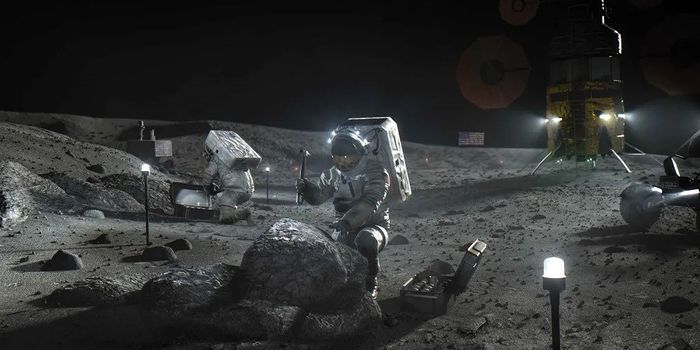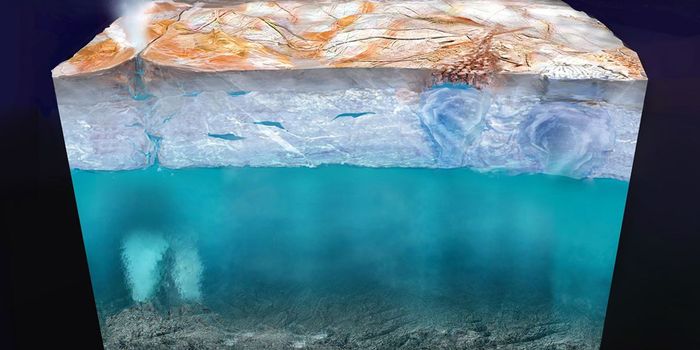Rare earth ions act as qubits for quantum computer
New research published recently in the scientific journal Optics Communications highlights the discovery of rare earth ions that can be used to make high-speed and high-accuracy quantum computers. The study comes from scientists Vladimir Hizhnyakov, Vadim Boltrushko, Helle Kaasik and Yurii Orlovskii at the Institute of Physics of the University of Tartu in Estonia.
Quantum computers run units of information called quantum bits that are distinct from the bits that normal computers use. Quantum bits, otherwise known as qubits, are unique in that they are much smaller than bits. The exciting discovery from this study details how certain rare earth ions can act as qubits.
Speaking of the characteristics necessary in specific ions to make them able to serve as qubits, Professor Hizhnyakov says: "They must have at least two states in which the ion interaction is very weak. These states are suitable for basic quantum-logic operations on single quantum bits. In addition, a state or states are needed in which the ion interaction is strong - these states enable quantum-logic operations with two or more qubits. All these states must have a long (milli- or microsecond) lifetime and optical transitions must be allowed between these states.".
Previously, rare earth ions had not been evaluated to serve as the ions needed for qubits, but the researchers say that this design allows for faster computing with fewer errors. "So far, mostly the spin states of atomic nuclei have been studied for the role of qubits. However, their frequency is a million times lower than the frequency of our quantum bits. This is why also quantum computers created on the basis of these qubits would be significantly slower than computers with our electronic states-based quantum bits," commented Hizhnyakov.

The team is currently working with the Laboratory of Laser Spectroscopy and the Laboratory of Solid State Theory to develop a prototype of a quantum computer using the new method they have described in their study. If successful, their method will provide an ultrafast optical quantum computer never before seen.
Sources: Optics Communications, Eureka Alert








